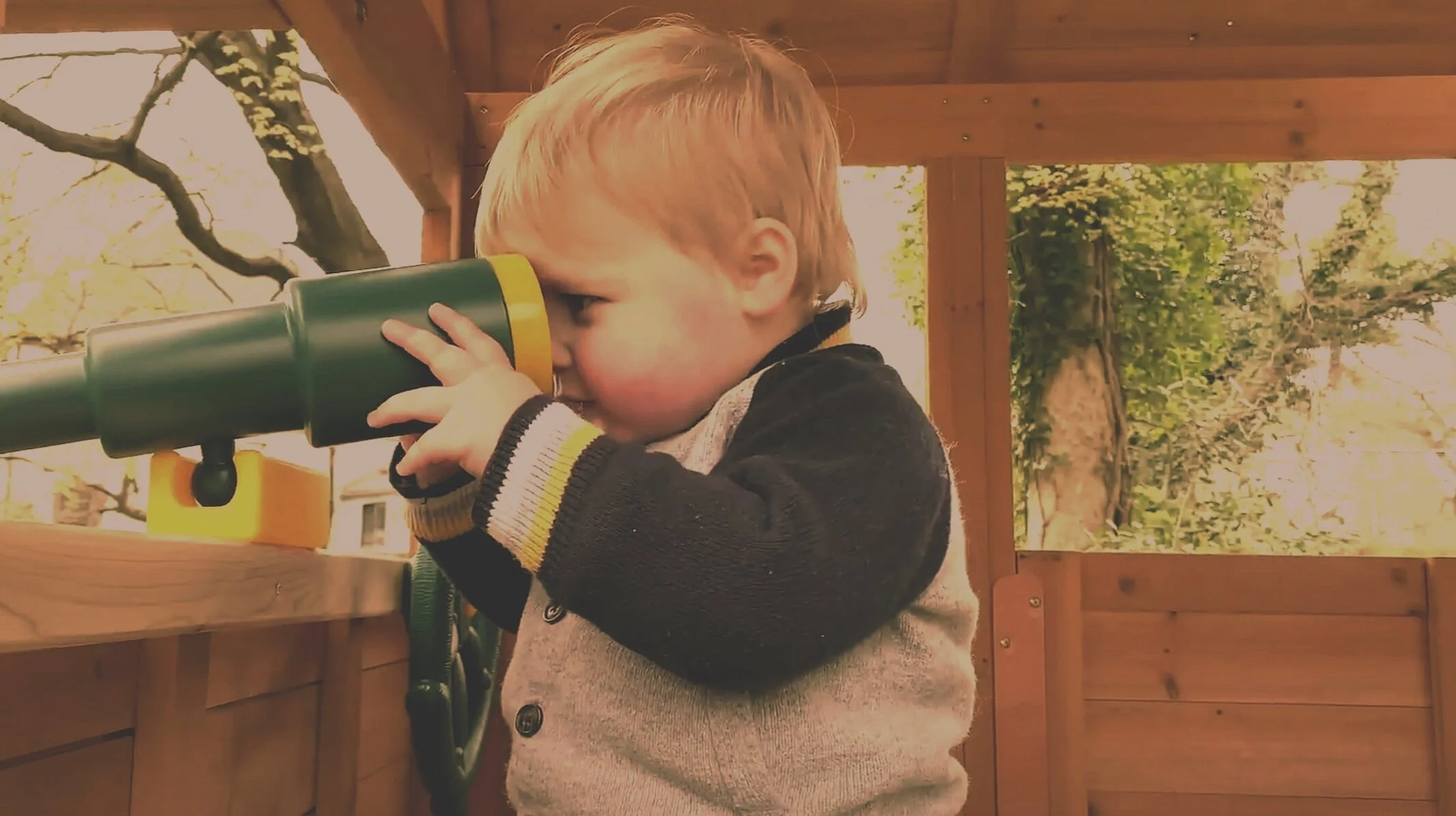You need a leader, not a manager
Like many creatives who find themselves in leadership positions, I’ve often felt conflicted about the trajectory of my career. I’m good at design. And over the years I’ve become more strategic in my approach - I understand business and stakeholder needs, I can weave a narrative and communicate a vision that keeps everyone focused on what’s important. I’ve become more of a conductor - vs an individual musician - designing not just the output but the entire process. Seeing the big picture, the underlying themes, and guiding both clients and teams throughout that journey. To me, this feels like a natural creative evolution.
And yet all too often, I’ve felt pulled away from the work - to become less “hands-on”, and more focused on building, cultivating, and yes - managing - teams of creatives. To give performance reviews, create SMART goals, develop career paths.
Of course team members have varying levels of experience, and need guidance. But none are children. The one thing I always try to do with my team is to help them unlearn their dependence on hierarchy and authority, and to use their own judgement and make their own decisions. Rather than a direct report / manager relationship, I think more in terms of an apprenticeship. Learning by doing, being led by example. Guidance and mentorship, not management.
So no, I won’t become more hands-off. We’ll work together. I won’t give you a performance review, but I will give you feedback in real time and give you suggestions. I won’t map out your career path - that’s for you to do. But I will push you out of your comfort zone to develop more confidence and develop skills when you’re ready. I’m not going to set your goals for you and measure whether or not you’ve achieved them so that you can check off a box and “earn” a salary increase or promotion. Nobody can earn these but you.
I’m always here to help, to listen, and to provide advice. But I’m not going to do it for you. I’m sure you’ve got things to teach me too, and I’m ready to learn.









We should start thinking about our value not as the set of knowledge and skills we have, but as the unique, evolving process through which we create value.